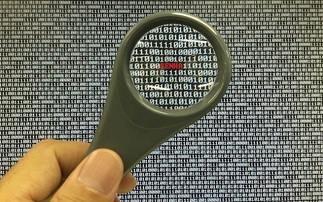Games publisher suffers security breach - usernames, email addresses and passwords stolen
Ubisoft has suffered a security breach, with hackers accessing information including player usernames, email addresses and passwords, the video games publisher has confirmed in an email to its user...
To continue reading this article...
Join Computing
- Unlimited access to real-time news, analysis and opinion from the technology industry
- Receive important and breaking news in our daily newsletter
- Be the first to hear about our events and awards programmes
- Join live member only interviews with IT leaders at the ‘IT Lounge’; your chance to ask your burning tech questions and have them answered
- Access to the Computing Delta hub providing market intelligence and research
- Receive our members-only newsletter with exclusive opinion pieces from senior IT Leaders





















